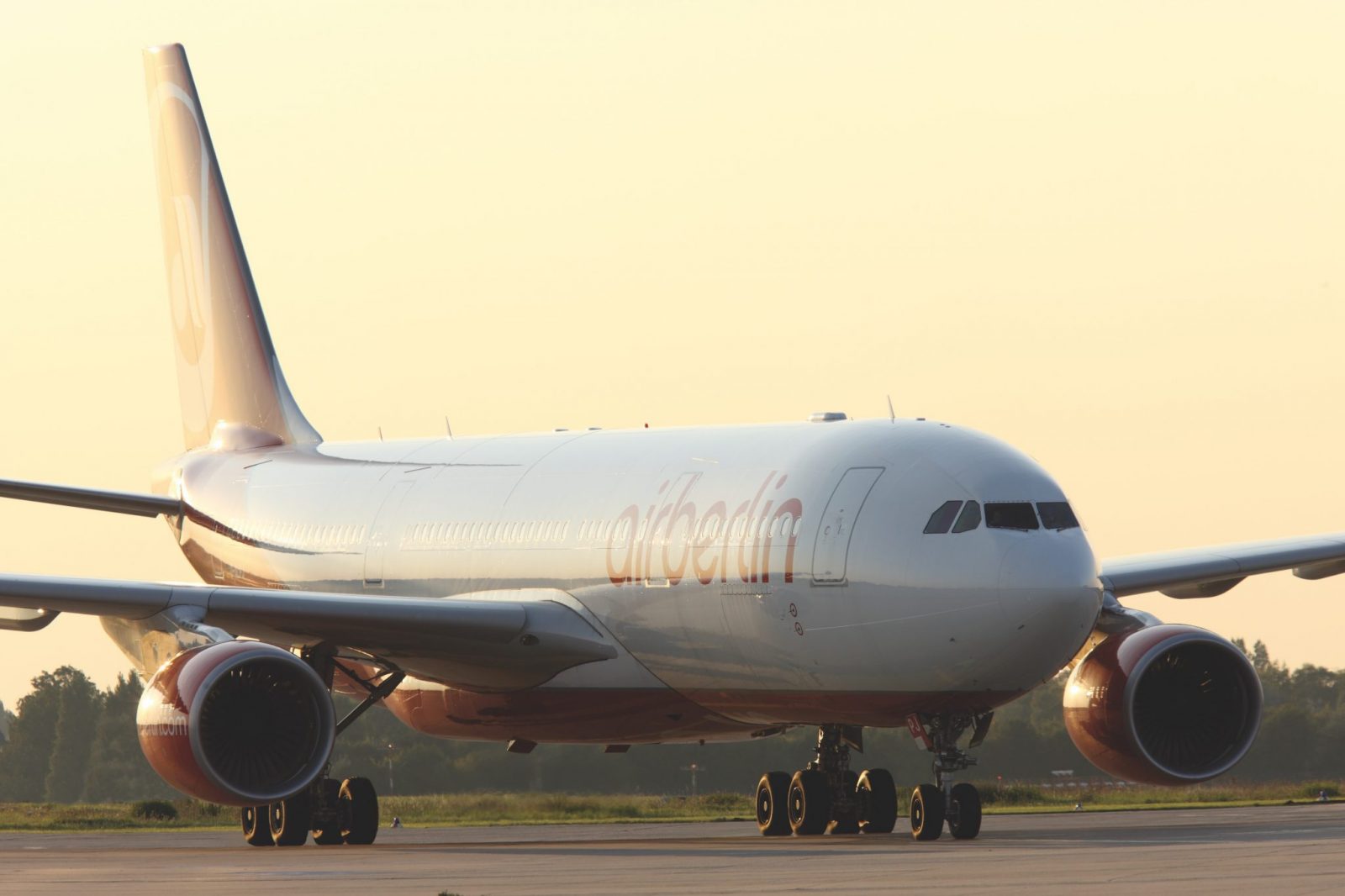
The German low-cost carrier, Airberlin has just announced a codeshare and ‘cooperation’ deal with New York-based jetBlue. The deal will come into effect on September 12th, allowing Air Berlin passengers to book onward connecting flights from New York JFK, Boston, and Orlando to 31 destinations throughout the United States.
Airberlin says that its passengers travelling to New York are likely to benefit the most with the widest choice of connecting flights from jetBlue – dubbed ‘New York’s Hometown Airline’. Airberlin currently operates a twice daily service from Dusseldorf to New York and a daily service from Berlin.
Like in most codeshare partnerships, passengers will be able to check their luggage through to their final destination. Plans to link the frequent flyer programmes of both airlines are in the works but no date has yet been set for when miles can be earned or redeemed from flying on the respective carriers.
Götz Ahmelmann, the Chief Commercial Officer at airberlin said he was “delighted” to have found a “strong partner” in jetBlue. He commented: “This is only the beginning of our cooperation. Together, we are working to extend our partnership in the coming months.”
The airline could do with as help as possible at the moment. In May, it was revealed airberlin had racked up net losses of €2.7 billion and net debt of €1.2 billion in the last six years. airberlin’s awful financial performance has seen major investor, Etihad Airways pump an extra €350 million of new funds in the company in a bid to keep it afloat.
The Abu Dhabi-based airline and national carrier of the UAE acquired a 29.2% stake in airberlin in January 2012. Etihad’s exposure to Air Berlin has since risen to nearly €2 billion with attempts at a turnaround so far failing to materialise.
As for jetBlue, this isn’t the first time the airline has partnered with interests in the Middle East. The airline has long held a codeshare agreement with Emirates Airline – and in 2016 won a contract with the General Services Administration to fly U.S. government employees to Afghanistan and the Middle East.
The contract proved highly controversial as jetBlue wouldn’t be operating the flights – after all, the airline doesn’t actually fly any long haul international flights. Instead, Emirates would be carrying the employees through its codeshare agreement with jetBlue – and be directly paid by the U.S. government.
The Partnership for Fair and Open Skies, a coalition of U.S. airlines including American Airlines, United and Delta Air Lines called the contract a “violation of the Fly America Act”. It’s spokesperson, Jill Zuckman said at the time: “It is absurd that while the U.S. government is actively making the case against the subsidization of the Gulf carriers to the U.A.E. and Qatar, the GSA is simultaneously giving Emirates a competitive edge over the U.S. carriers and their hundreds of thousands of American workers for the second time in less than a year.”
The lobby group accuses Emirates, Etihad Airways and Qatar Airways of having received over $50 billion in subsidies and what it calls “other unfair benefits” from their governments. They argue that this violates the Open Skies agreements which allows Gulf carriers to fly to the United States.
But jetBlue has a rather different take on the matter. Along with Hawaiian Airlines, FedEx and Atlas Air Worldwide, jetBlue has set up a separate lobby group called ‘U.S. Airlines for Open Skies‘. They say the Open Skies agreements are working and create “open, competitive markets for international air travel.”
A few days ago the group said a change to the Open Skies agreement – and limiting the access of Gulf carriers to the U.S. would cost American jobs and damage tourism. The chief executive of the US Travel Association, Roger Dow released a statement to stress the benefits of maintaining the status quo:
“The US government’s Open Skies agreements — particularly those with the UAE and Qatar — create jobs across industry sectors and provide actual jobs for workers in real places,”
“American jobs are created when new service is added and new visitors arrive, not hypothetical losses based on hype. To date, there’s been no demonstration of actual harm to US employment related to these new routes. Quite the opposite.”
Related
Mateusz Maszczynski honed his skills as an international flight attendant at the most prominent airline in the Middle East and has been flying ever since... most recently for a well known European airline. Matt is passionate about the aviation industry and has become an expert in passenger experience and human-centric stories. Always keeping an ear close to the ground, Matt's industry insights, analysis and news coverage is frequently relied upon by some of the biggest names in journalism.







